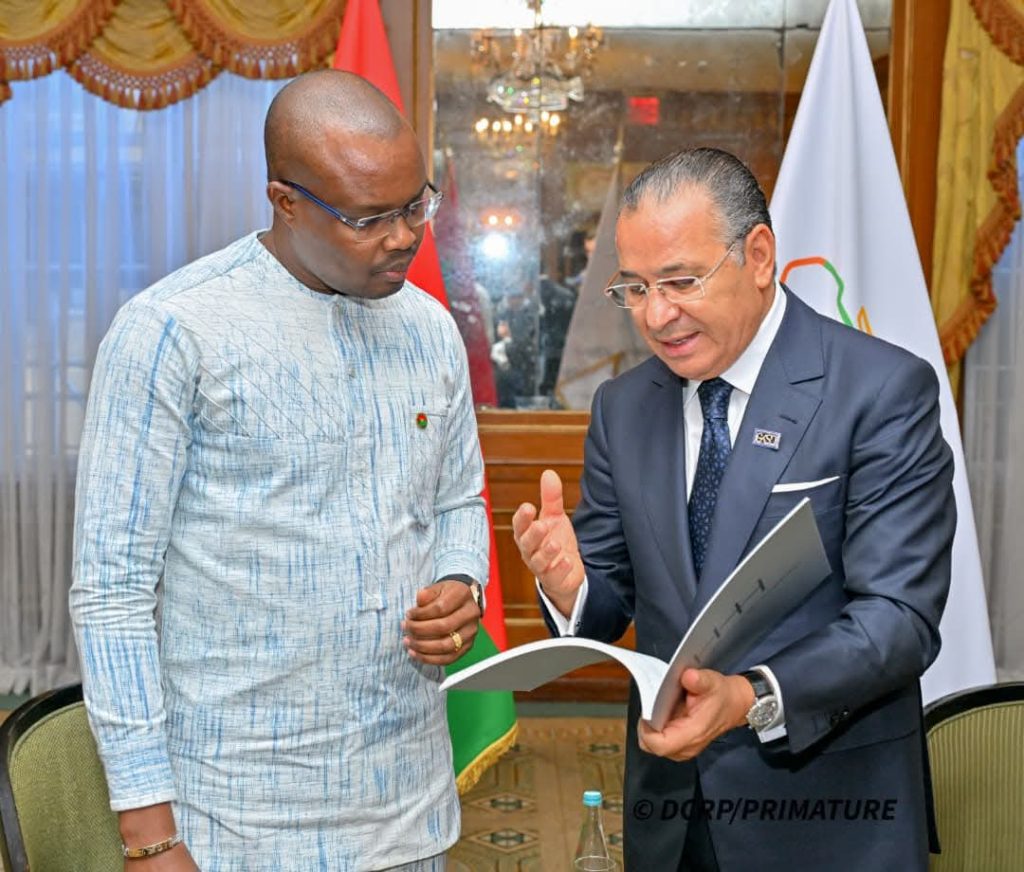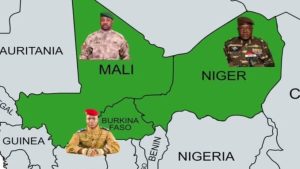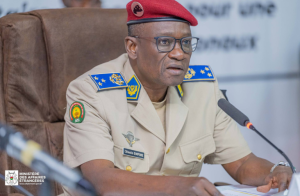Burkina Faso: A policy of attracting investors focused on national development and shared prosperity

Burkina Faso, engaged in a phase of political and economic rebuilding, is now betting on an ambitious policy to attract investors. This vision, championed by the transitional authorities, is based on a central principle: valuing internal competencies and transforming national resources to generate added value that directly benefits the Burkinabè people.
In this context, Prime Minister Rimtalba Jean Emmanuel Ouédraogo recently reaffirmed the government’s willingness to open the country to any economic cooperation initiative that respects national sovereignty and is oriented towards shared prosperity.
According to him, the industrialization of Burkina Faso cannot be limited to the raw extraction of its resources.
It must now be accompanied by the creation of local value chains capable of stimulating employment, encouraging innovation, and strengthening economic resilience.
This approach marks a major turning point. For a long time, the Burkinabe economy was dependent on the export of raw materials, notably gold and cotton, with little local processing.
Today, the objective is to make the “Land of Honest People” an attractive business destination where investments follow a win-win logic.
Priority sectors offer vast prospects:
- In healthcare, the government encourages partnerships to develop hospital infrastructure, modernize equipment, and strengthen the local production of medicines and medical supplies.
- In agribusiness, the focus is on locally processing agricultural products cashew, mango, tomato, sesame, cotton, to increase their added value and create lasting jobs for youth and women.
- The energysector is a crucial pillar. Burkina Faso, which has strong solar potential, is counting on investments in renewable energy to secure its electricity supply and support industrial development.
In parallel, the government intends to strengthen the business climate through structural reforms, particularly the simplification of administrative procedures, support for small and medium-sized enterprises, and the promotion of community entrepreneurship. These measures aim to reassure investors and provide a more transparent and competitive economic environment.
For the authorities, attracting investors does not mean ceding the country’s sovereignty.
On the contrary, it is about building equitable partnerships where benefits are shared and reinvested in national priorities, namely infrastructure, employment, education, and food security.
Thus, through this controlled and visionary policy of openness, Burkina Faso seeks to transform its wealth into levers for sustainable development, while consolidating its economic and social sovereignty.
Emile YEMPABE






